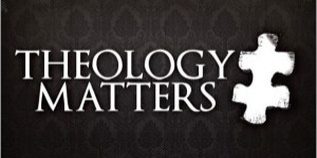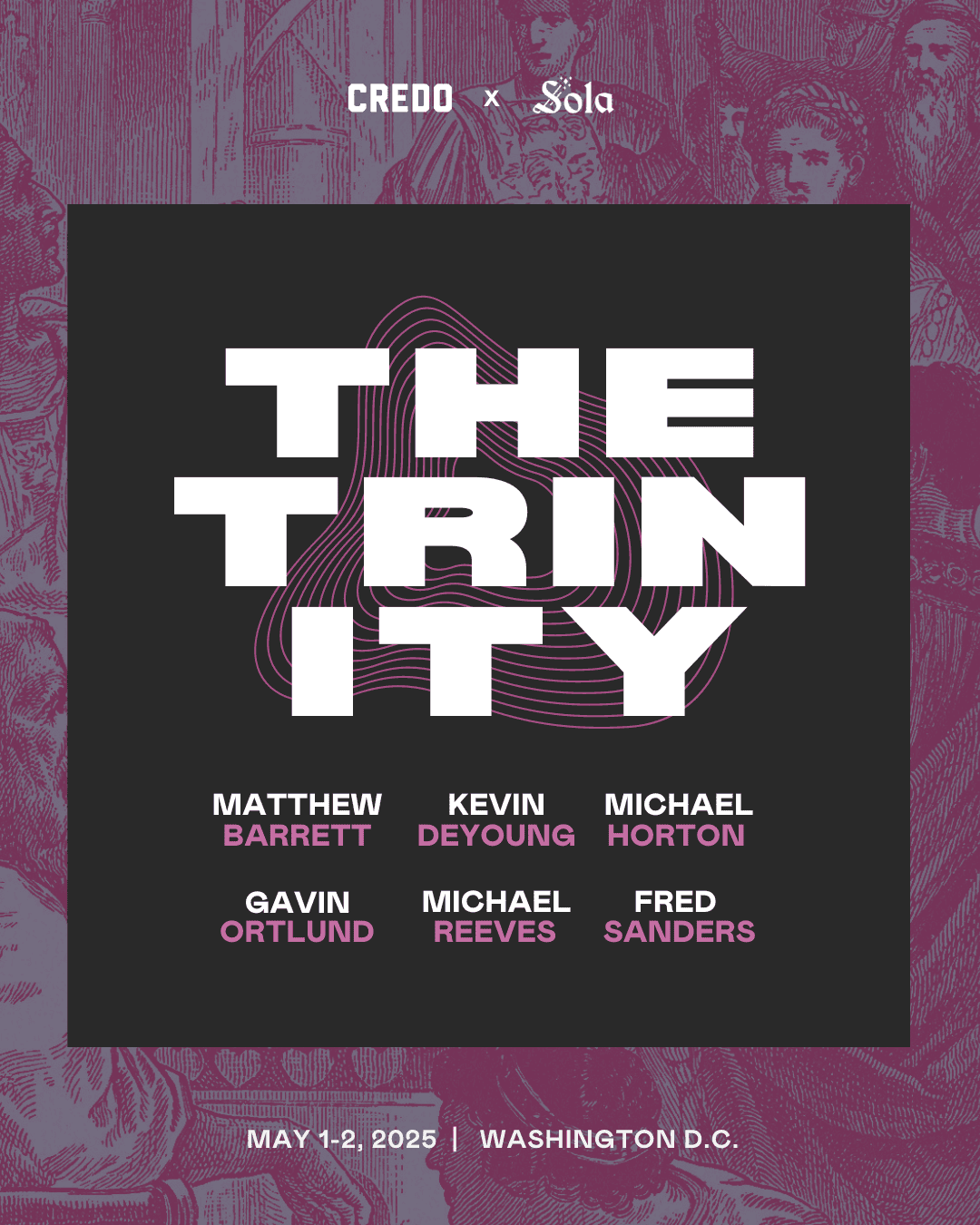
Put the theology book down and do something that matters
By Marc Cortez
[The following is the opening devotional that I presented at the NW regional meeting of the Evangelical Theological Society, 2011.]
What are we doing here?
I’m sure we could walk out this building and, within five minutes, find any number of hurting people desperately in need of care and attention, longing for a meaningful conversation, needing to hear the Gospel. People who are cold, hungry, lonely, and lost — forgotten, neglected, and abused by a sin-fractured world.
Yet here we sit, ready to spend an entire day presenting papers, hearing arguments, and discussing abstract ideas apparently far removed from the real needs of everyday people. How does discussing epistemology, hamartiology, ecclesiology, or the intricate details of ancient historiography really help people come to Jesus and begin healing their broken bodies and souls?
What are we doing here?
Didn’t Jesus tell us that when the Son of Man comes in all his glory he will say to his faithful servants, “I was hungry and you gave me food, I was thirsty and you gave me drink, I was a stranger and you welcomed me,” and so forth? I don’t recall him saying anything like, “I was confused about the doctrine of imputation, and you explained to me its properly judicial context,” or “I hungered for a solid epistemology and you fed me with the truth of a chastened critical realism.”
Are we the goats who failed to care for the real needs of God’s creatures so that we could stay in our academic bomb shelters, safe from the harsh realities of life?
Have we gathered here to play the role of Nero, fiddling while the world burns?
What are we doing here?
AN ANCIENT THEOLOGY CONFERENCE
Almost 1700 years ago, a group of pastors gathered for a conference of their own. And, these were men who knew all about harsh realities. They had lived through some of the most brutal persecutions the church had ever faced. As they entered the conference, many still bore on their bodies the scars of their faithful endurance. They knew what it was like to be the “other” in society, the ones on whom society casts blame when things go wrong. They had experienced poverty, hunger, and the uncertainty of a future in a brutal world. These were not men who stayed safe in academic bomb shelters; these were men on whom the bombs had already dropped.
But, instead of staying home with their families, ministering to their congregations, and taking care of the poor and hungry, they spent months traveling to and attending a theology conference at a little town called Nicea. Why would they do that?
Why would these men who understood so well the desperate needs of the people around them waste their time on the seemingly abstract and unnecessary questions of academic theology?
THEOLOGY MATTERS
I don’t know about you, but I face those kinds of questions all the time. Pretty much every time someone asks me what I did my doctoral work on or what book I’m currently reading, I brace myself for “the look.” You know the one, the looks that says, “Really? You’re wasting your time on that? When are you going to get your feet on the ground and do something that really matters?”
Something that really matters?
Unfortunately, they rarely say it out loud, so I never have the chance to respond. But, theology matters. And, it matters at the very least because we have a God who cares what we think about him.
I don’t want to be mean, but I don’t really care what some people think about me. When I shopping on Amazon.com and I click the button to buy a book, I know that someone has to do the work of actually filling that order. And, I care deeply that they do what they’re supposed to. I want my book. But, I don’t really care what they think about me. We don’t have that kind of relationship. As long as they do their job, I’m happy.
God could have done that with us. If he was only concerned with making sure that we did all the right things, he could have treated us just like the person from Amazon.com. He could have given us our instructions, pointed us in the right direction, and said “get to work.” He wouldn’t have even needed to talk to us that way. He could have just sent an email.
He could have done that. But he didn’t.
God created us to know him. He made Adam and Eve in the Garden, and he revealed himself to them, walked with them, developed a relationship with them. Although he was very concerned about what they did, he wanted more. He wanted them.
And that didn’t change after sin entered the picture. Even then God didn’t stop revealing himself to his people, pursuing them, calling them to himself. Indeed, the entire Old Testament can be read as a story of God revealing himself over and over again to his people. Why? Because he cares about what his people think of him.
And, of course, when we reach the New Testament, what does he do? He reveals himself even more. “The word became flesh and dwelt among us” (Jn 1:14) And, “He who has seen me has seen the father” (Jn 14:9).
And, what is our hope at the end of the story – that we would know him fully: “now we see in a mirror dimly, but then face to face. Now I know in part; then I shall know fully, even as I have been fully known” (1 Cor 13:12).
God wants us to know him. That’s what this has all been about. In the end, some will come to Jesus and say, “Lord, Lord, did we not prophesy in your name, and cast out demons in your name, and do mighty works in your name?” And then Jesus will say to them, “I never knew you, depart from me, you workers of lawlessness” (Mt. 7:22-23). There’s nothing wrong with doing any of these things. But God wants more.
Theology matters because God cares what we think about him.
THEOLOGY IS WORSHIP
So, what are we doing here? As we read these academic papers, ask our questions, and participate in these discussions, what kind of task are we involved in?
If theology is all about recognizing that God wants us to know him and cares what we think about him, taking time out of our busy lives to orient our thoughts toward God and reflect carefully on him in all his glory, then theology is a very particular kind of task.
It is worship.
We’ve gathered this morning to think carefully about who God is as he has revealed himself to us and the difference this must make in understanding who we are and how we conduct ourselves as the people of God in the world. That is worship. It may not come with the warm fuzzies and emotional afterglow that we usually associate with worship. Instead, it may come with a headache and the frustration of finding more questions than answers. But it’s still worship.
And it must be worship, or we’re not really doing theology.
Karl Barth compared the theological task to being inside a room. In that room are many interesting questions, fascinating investigations, and compelling discussions. But, as long as we remain locked inside that room, it is stuffy and stilted. So, the room also has windows that open out into the realm outside the room so that the theologian can engage the needs and concerns of the church and the surrounding world. And, that is good and necessary. The work that we do today cannot remain an in-house effort, isolated from the everyday needs and concerns of God’s people. But, Barth argued, even that is not enough. The room must also have a skylight through which the bright rays of heaven flow, illuminating the room and drawing the theologian into the worship of God himself. (Evangelical Theology, p. 161)
I think that’s why Paul routinely broke out in worship and adoration as he did theology. Just read his letters. In Ephesians 3, Paul lays out his prayer for the people in Ephesus: “for this reason I bow my knees before the Father…that you may have strength to comprehend with all the saints what is the breadth and length and height and depth, and to know the love of Christ that surpasses knowledge” (vv. 14-19). His prayer is that the Ephesians might be empowered for good theology. And, then he immediately flows right into worship: “Now to him who is able to do far more abundantly than all that we ask or think, according to the power at work within us, to him be glory in the church and in Christ Jesus throughout all generations, forever and ever. Amen” (vv. 20-21).
Paul knew what theology was all about. He knew that theology involved asking hard questions and trying to understand really difficult ideas. That’s why he prayed for the Ephesians to be strengthened in the task. And, I think Paul enjoyed the process. He strikes me as the kind of person who could get wrapped up in the pleasures of an intricate argument or a good discussion.
But, Paul never forgot what theology was really about. He made sure that he constantly kept his eyes on the skylight so that his room never grew stuffy or stale.
Paul knew that theology is worship.
What are we doing here?
We’re worshipping. And, worship is never a waste of time.
Marc Cortez teaches theology and church history at Western Seminary (Portland, OR), where he also is the academic dean and director of the Th.M. program.

